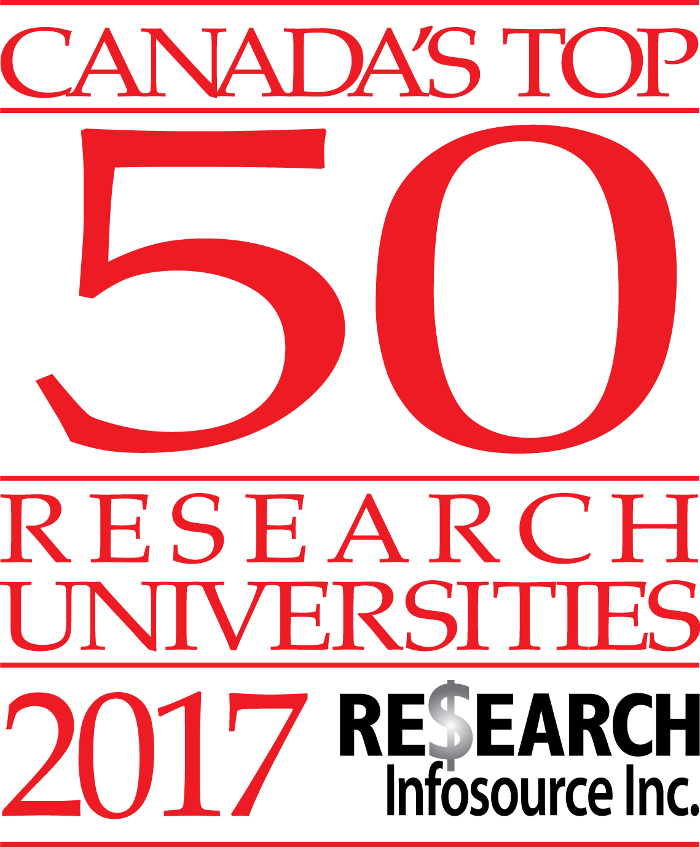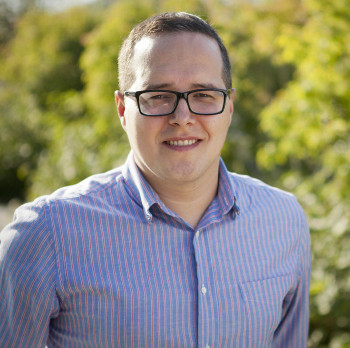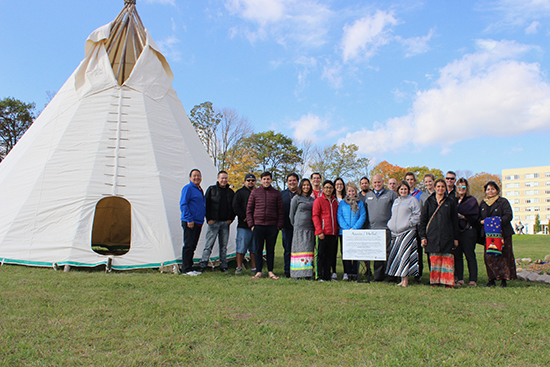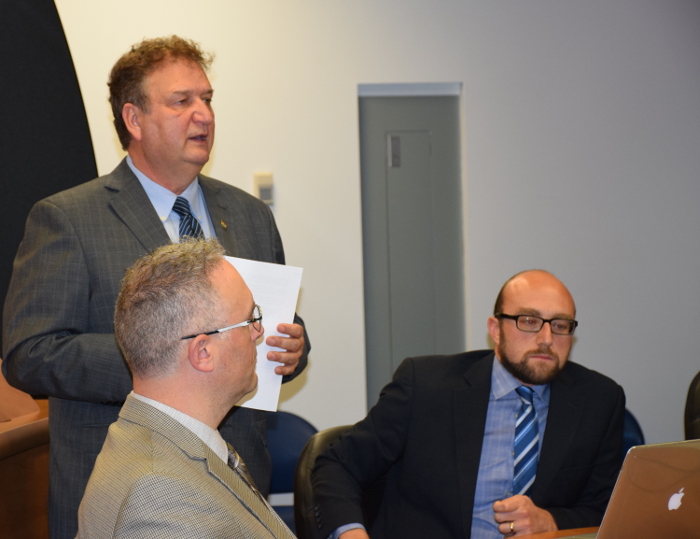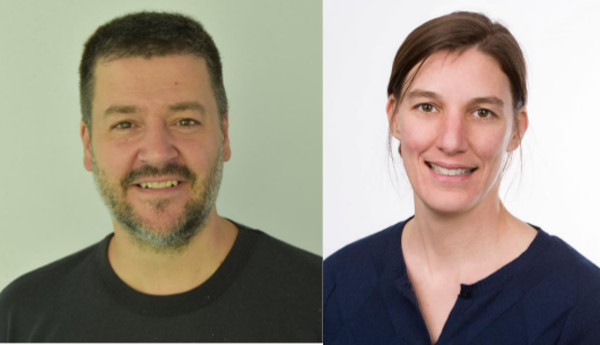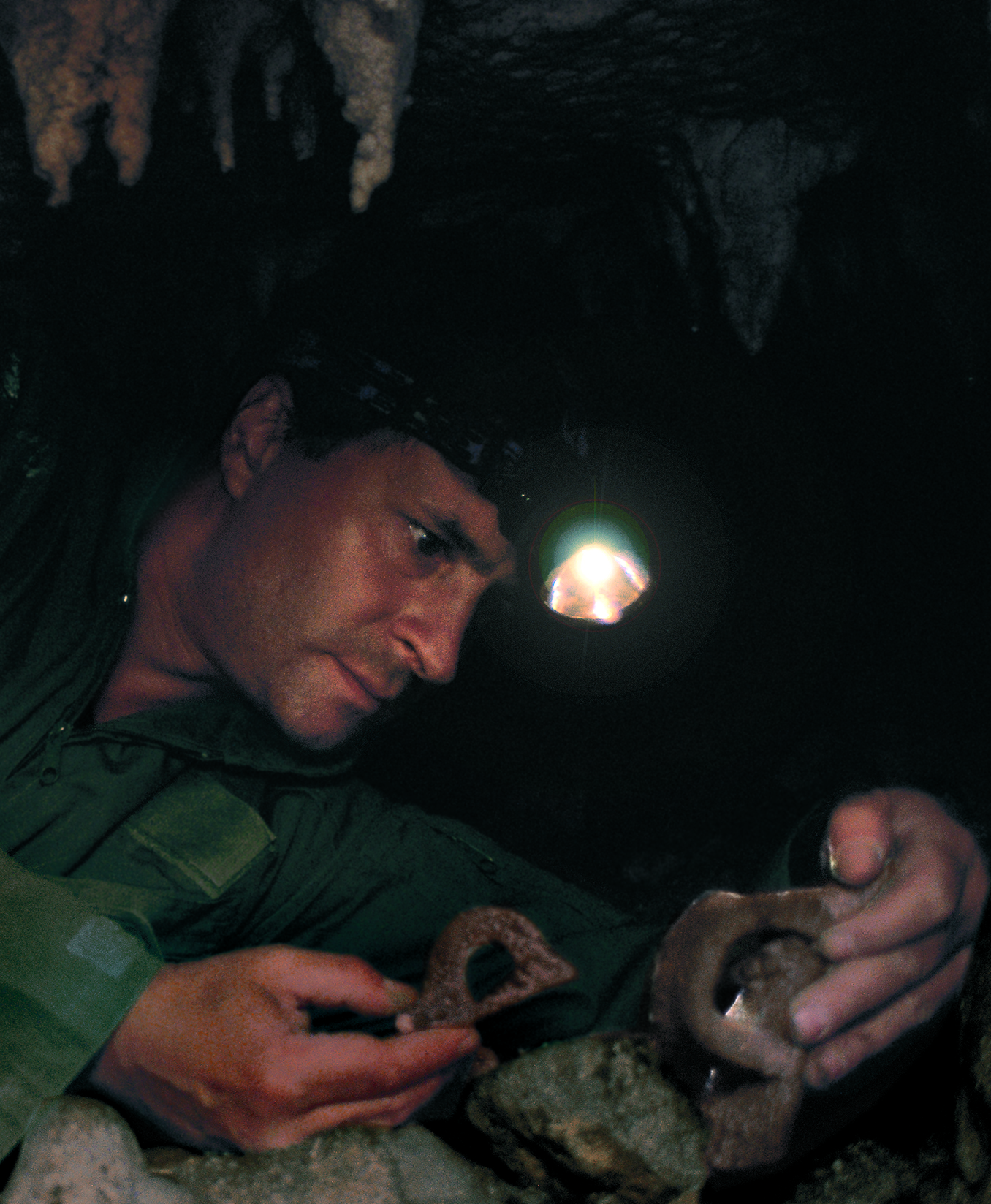October 20, 2017 – Thunder Bay, ON
Lakehead University researchers are receiving more than $2.3 million in funding from the Natural Sciences and Engineering Research Council of Canada (NSERC) for innovative research.
The funding will support research projects that explore a variety of areas – from biology and chemistry and physics to engineering and geology and computer sciences.
“Our NSERC grant recipients demonstrate the breadth of high-calibre, innovative research being undertaken at Lakehead University,” said Dr. Andrew P. Dean, Vice-President, Research and Innovation. “We are very proud of our recipients, who are exceptional scientists seizing opportunities to excel in their research.”
Dr. Laura Curiel, an assistant professor in Electrical Engineering, received $120,372 for a Verasonics Ultrasound device that will allow Dr. Curiel and her team to continue their work finding new materials, new electronics and new processes that will make significant improvements to ultrasound therapy and imaging.
“Our hope, in particular for Canada, is to make ultrasound therapy more affordable and more portable, to allow remote locations to benefit from it without having to move to urban centres,” she said. “This will also be translatable to developing countries.”
Dr. Vijay Mago, an assistant professor in Computer Science, has received $100,000 to develop the software platform and hardware for a real-time analytic tool that will analyze large-scale social networking websites to determine the effectiveness of public health awareness social media campaigns.
“We know that more and more people rely on online sources for health information including symptoms, treatments and general health-related advice,” said Dr. Mago.
“With this research we will be able to identify the effectiveness of public health awareness strategies used by health agencies and medical associations around the globe, by monitoring the reach and engagement with their content versus the onset of public health events.”
Dr. Amanda Diochon, an associate professor in Geology, is receiving more than $100,000 over the next three years to develop an outreach program that provides culturally responsive, hands-on learning opportunities for Indigenous youth in Northwestern Ontario.
“We hope that integrating Aboriginal and Western ways of knowing into learning will encourage Indigenous students to pursue careers in science,” Dr. Diochon said.
Funding from NSERC also generates support from the federal Research Support Fund to offset the indirect costs of research incurred by universities. In 2017/18, Lakehead University will receive nearly $2 million in assistance from the Research Support Fund to support the indirect costs of research, which includes costs for supporting the management of intellectual property, research and administration, ethics and regulatory compliance, research resources, and research facilities.
The following Lakehead University researchers have also been awarded NSERC grants and scholarships, for a total of $2,329,414.
Collaborative Research & Development Grant (four-year grant)
- Dr. Pedram Fatehi, Department of Chemical Engineering, Process Development for the Production of Lignin Based Flocculants and Dispersants, $320,000 (in partnership with FPInnovations).
Research Tools and Instruments (RTI) Grant (one-year grant)
- Dr. Laura Curiel, Department of Electrical Engineering, Increasing Efficiency of Focused Ultrasound Transducer Applications, $120,372.
- Co-applicants:
- Dr. Carlos Christoffersen, Department of Electrical Engineering
- Dr. Samuel Pichardo, Department of Electrical Engineering, Thunder Bay Regional Health Research Institute (TBRHRI)
- Dr. Oleg Rubel, McMaster University
- Dr. Han Chen, Faculty of Natural Resources Management, LI-8100A-S2 Soil Gas Flux System Survey Package, $40,838.
- Dr. Pedram Fatehi, Department of Chemical Engineering, Particle Size Analyzer for Investigating Flocculation and Dispersion Systems, $121,393.
Discovery Grants – (five-year grants, unless otherwise indicated)
- Dr. Wensheng Qin, Department of Biology, $140,000, Understanding and optimizing enzyme efficiency for cellulose biodegradation.
- Dr. Pedram Fatehi, Department of Chemical Engineering, $24,000, Design of lignin based flocculants/dispersants for various aqueous systems.*
- Dr. Md Nur Alam, Department of Chemistry, $110,000, Applications of highly-reactive chemical cellusloses and their derivatives with novel properties and unique functionalities.
- Dr. Mitchell Albert, Department of Chemistry, TBRHRI, $225,000, Hyperpolarized Xenon MRI biosensors development program.
- Dr. Zi-Hua Jiang, Department of Chemistry, $110,000, Modulation of innate immune responses.
- Dr. Xiaoping Liu, Department of Electrical Engineering, $110,000, Finite-time adaptive control of nonlinear systems and its applications.
- Dr. Peter Hollings, Department of Geology, $110,000, Geochemistry of pyroxene-phyric komatiites in the Southern Superior Province; implications for Archean geodynamics.
- Dr. Gautam Das, Department of Physics, $105,000, Investigation into optical fiber waveguides, lasers and applications.
- Dr. Hubert de Guise, Department of Physics, $105,000, Understanding quantum systems with higher symmetries.
- Dr. Vijay Mago, Department of Computer Science, $100,000, Reliable and efficient real-time tools for collecting and analyzing large health datasets.
*One-year grant.
Discovery Development Grants (two-year grants worth $20,000)
- Dr. Carlos Christoffersen, Department of Electrical Engineering, Design of circuits for biomedical therapy devices.
- Dr. Eltayeb Mohamedelhassan, Department of Civil Engineering, Integrated electrokinetic-phytoremediation of contaminated soils.
Engage Grants (up to six months)
- Dr. Lew Christopher, Biorefining Research Institute, Department of Biology, Generating Sugar Streams from Pulp and Paper Mill Sludge, $25,000.00 (in partnership with Domtar Inc.).
- Dr. Ayan Sadhu, Department of Civil Engineering, Cost-effective Fault Diagnostics of Material Handling System in Critical Mining Site, $24,290.00 (in partnership with North American Palladium Lac des Iles Mine Ltd).
- Dr. Salama Ikki, Department of Electrical Engineering, Quadrature Spatial Modulation for Large-Scale MIMO Systems, $25,000.00 (in partnership with Ericsson).
- Dr. Ehsan Rezazadeh Azar, Department of Civil Engineering, Improving Productivity of Material Cutting and Movement in Steel Fabrication Plants, $22,198.00 (in partnership with Coastal Steel Construction Ltd.).
- Dr. Amir Hossein Azimi, Department of Civil Engineering, Innovative Methods for Condition Assessment of Wastewater Collection Systems, $25,000.00 (in partnership with the City of Thunder Bay).
- Dr. Aicheng Chen, Department of Chemistry, In situ Electrochemical Determination of the Surface Area of Aluminum Targets, $25,000.00 (in partnership with Hupe Manufacturing Ltd.).
- Dr. Salama Ikki, Department of Electrical Engineering, Mine Safety System Using Wireless Sensor Networks, $25,000 (in partnership with GoldCorp Inc.).
- Dr. Baoqiang Liao, Department of Chemical Engineering, Identification of the Causes and its Control of Foaming in Membrane Bioreactors, $25,000 (in partnership with Goldcorp Inc.).
PromoScience Grants (three-year grants)
- Dr. Amanda Diochon, Department of Geology, Bridging Ways to Knowing Over Water, $100,758.00.
- Co-applicants:
- Dr. Robert Stewart, Department of Geography and the Environment
- Dr. Michael Rennie, CRC in Freshwater Ecology and Fisheries, Department of Biology
- Dr. Peter Lee, Department of Biology
- Dr. Christopher Murray, Sustainability Sciences (Orillia Campus), EcoReach, $21,000.00.
- Co-applicants:
- Dr. Thamara Laredo, Sustainability Studies/Chemistry (Orillia Campus)
- Dr. Victoria Te Brugge, Laboratory Coordinator, Sustainability Studies (Orillia Campus)
- Dr. Rosario Turvey, Sustainability Studies/Geography (Orillia Campus)
- Dr. Maria Grazia Viola, Department of Mathematics (Orillia Campus)
Connection Grant (up to three months)
- Florence Bailey, Economic Development and Innovation Office, Lakehead University Industry Connections, $8,865.00.
- Dr. Amir Hossein Azimi Department of Civil Engineering, Experimental and Numerical Modeling of Multiphase Flow Systems, $2,700.00.
- Dr. Lew Christopher, Biorefining Biorefining Research Institute, Department of Biology, International Forest Bioeconomy Planning Summit, $15,000.00.
Graduate Student Awards
Alexander Graham Bell Canada Graduate Scholarships-Doctoral Program (two-year award)
- Eric Searle, Faculty of Natural Resources Management, $70,000.
NSERC Postgraduate Scholarships-Doctoral Program (three-year award)
- Islam Abu Mahady, Department of Electrical Engineering, $63,000.
Canada Graduate Scholarships-Master's Program– (one-year awards)
- Jeffrey Andrew-Cotter, Electrical Engineering, $17,500
- Nicholas Frayn, Electrical Engineering, $17,500
- Sophie Kurucz, Geology, $17,500
- Zeke Sedor, Electrical & Computer Engineering, $17,500
– 30 –
Media: For more information or to arrange interviews, please contact Brandon Walker, Media Relations Officer, at (807) 343-8177, or mediarelations@lakeheadu.ca.
Lakehead University has approximately 9,700 full-time equivalent students and 2,000 faculty and staff in 10 faculties at two campuses in Orillia and Thunder Bay, Ontario. Lakehead is a fully comprehensive university: home to Ontario’s newest Faculty of Law in 44 years, the Northern Ontario School of Medicine, and faculties of Engineering, Business Administration, Health & Behavioural Sciences, Social Sciences & Humanities, Science & Environmental Studies, Natural Resources Management, Education, and Graduate Studies. Maclean’s 2018 University Rankings place Lakehead University among Canada's Top 10 primarily undergraduate universities, as well as first in Total Research Dollars, second for Citations, and third for Scholarships and Bursaries. In 2016, for the second consecutive year, Re$earch Infosource ranked Lakehead first among Canada’s undergraduate universities. Visit www.lakeheadu.ca.


